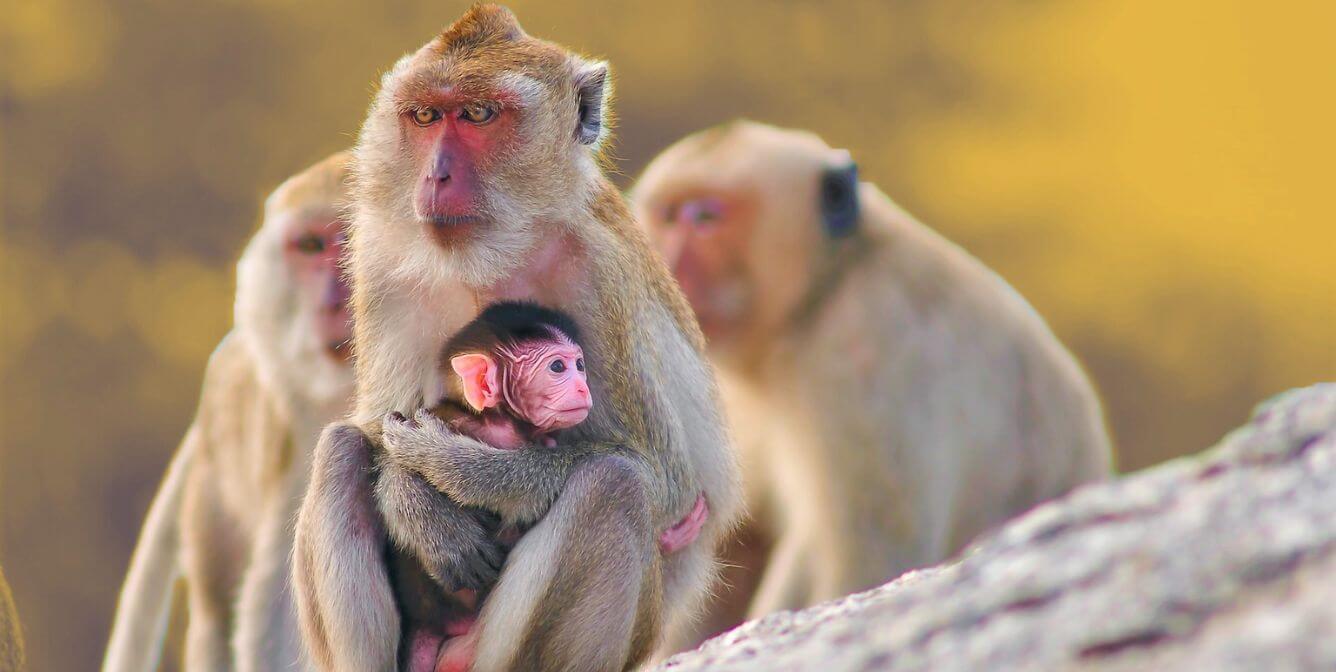Amid Probe by Feds, Charles River Fights Transparency, Pays Execs Millions, Calls Monkeys ‘Pests’
Update (August 10, 2023): It’s getting difficult to keep track of the many investigations into Charles River Laboratories.
PETA learned that the U.S. Securities and Exchange Commission (SEC) has opened a new inquiry into the monkey-importation practices of Charles River, according to the company’s second-quarter earnings report. During an earnings call yesterday, Charles River CEO James Foster “conveniently” never mentioned this development. Maybe he has a hard time keeping track, too.
The SEC inquiry began the day after PETA and Action for Primates publicly notified Canadian officials that Charles River had recently shifted to importing monkeys into Canada, in what appears to be an attempt to sidestep the current ban on importing Cambodian-origin macaques into the U.S.
Add this latest investigation to the growing pile of ongoing civil and criminal investigations into Charles River for possible violations of monkey-importation laws as well as U.S. Department of Justice indictments of Cambodian officials and nationals for allegedly selling monkeys abducted from their forest home and falsely labeled as bred in captivity.
News of the second SEC investigation comes on the heels of evidence of some shareholder aggravation over the company’s reluctance to come clean about its monkey-importation practices. A third of shares voted were in favor of a proposal submitted by PETA asking the monkey dealer to disclose the origin of all nonhuman primates that it had imported. This is an extraordinarily high number of votes for a proposal brought by shareholder activists.
Meanwhile, we now know that Charles River allegedly illegally brought to the U.S. from Cambodia 1,269 endangered long-tailed macaques rather than 1,000. These animals apparently continue to languish in the company’s barren steel cages, even though they can never be used in experiments. Tell the feds to stop stalling and send these animals to a sanctuary, as PETA has requested.
Even as infamous monkey dealer Charles River Laboratories is under federal investigation for possible illegal importation into the U.S. of monkeys who were allegedly abducted from their forest homes and falsely labeled as captive-bred, the company is fighting efforts to force it to come clean to shareholders. PETA’s commonsense shareholder proposal calls for transparency on the origin of imported monkeys, but in its just-released proxy statement, the giant laboratory supplier advised shareholders to vote against it.

Charles River admits “that recent events have raised questions regarding non-human primate importation practices.” One such question, PETA points out, involves the 1,000 monkeys the company imported into the country who remain in limbo after the U.S. Fish & Wildlife Service stopped their sale to laboratories. PETA is pressing the company to release the monkeys to Born Free USA’s Texas sanctuary and pay for their lifetime care. The company has so far refused to meet with PETA and Born Free.
In a February briefing, the company’s CEO, James Foster, blatantly lied to shareholders, absurdly calling these monkeys—from whose misery Charles River rakes in billions in profit—mere “pests” in their native homes. Foster failed to mention that the experimentation industry has driven two macaque species to the brink of extinction.
Charles River’s top six executives were awarded a total of nearly $30 million in salaries, stock awards, and other compensation last year, which would cover the cost of these animals’ care for years.
“Charles River has raked in hundreds of millions of dollars in U.S. government contracts but has so far refused to turn over the money to care for the animals it may have brought here illegally,” says PETA primate scientist Dr. Lisa Jones-Engel. “If the company can pay executives’ bloated salaries, it can certainly afford to send these monkeys to a reputable sanctuary arranged by PETA and Born Free.”
ACT NOW! Time is of the essence.
Urge the feds to stop stalling and compel Charles River to send the 1,000 monkeys to a sanctuary and demand that the company pay for it.

